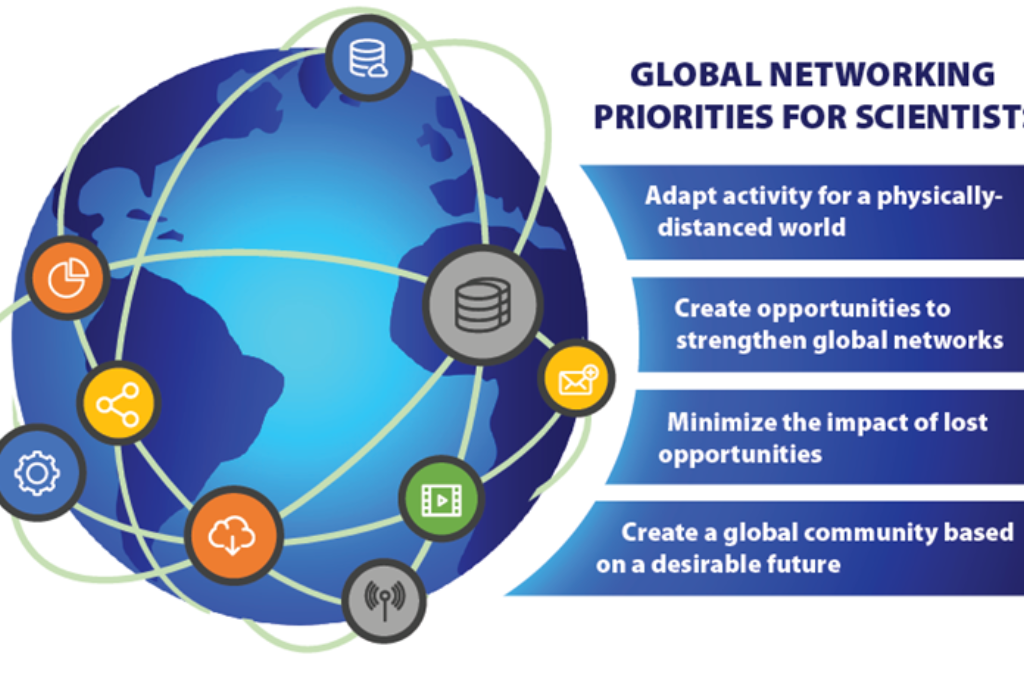Technology has woven itself into the very fabric of our daily lives, revolutionizing the way we live, work, and interact. Its influence spans across various domains, from healthcare and education to communication and entertainment.
Understanding why technology is good involves examining its multifaceted benefits and the transformative impact it has had on society. This article explores the advantages of technology through its role in enhancing productivity, improving quality of life, and fostering global connectivity.
Enhancing Productivity
Enhancing productivity through technology has transformed modern workplaces, making operations more efficient and streamlined. Automation tools and advanced software solutions have significantly reduced the time and effort required for repetitive tasks, allowing employees to focus on more strategic and creative aspects of their roles.
Cloud computing facilitates seamless collaboration and data sharing among team members, irrespective of their physical locations, thereby enhancing teamwork and project management. Additionally, artificial intelligence and machine learning algorithms provide valuable insights and predictive analytics, enabling better decision-making and resource allocation.
This technological revolution not only boosts productivity but also drives innovation and growth, empowering businesses to achieve their objectives more effectively and remain competitive in an ever-evolving market.
Streamlining Work Processes
Technology has significantly streamlined work processes, making tasks that once took hours or days achievable in mere minutes. Tools such as automation software, artificial intelligence, and machine learning algorithms have optimized operations across industries. For instance, in manufacturing, robotics and AI-driven systems have revolutionized production lines, increasing efficiency and reducing errors.
Boosting Business Efficiency
Businesses have greatly benefited from technological advancements. Enterprise Resource Planning (ERP) systems integrate various functions like inventory management, accounting, and human resources, providing a centralized platform for better decision-making and resource allocation.
Cloud computing has enabled companies to store vast amounts of data securely and access it from anywhere, facilitating remote work and collaboration.
Innovation and Development
Technology is a catalyst for innovation, driving the development of new products and services. Research and development (R&D) departments leverage advanced technologies to create innovative solutions that meet emerging needs. For example, 3D printing technology has opened up new possibilities in manufacturing and healthcare, allowing for rapid prototyping and custom medical implants.
Improving Quality of Life
Technology has undeniably transformed the quality of life, making everyday tasks simpler and enhancing overall well-being. In healthcare, advancements such as telemedicine, wearable health monitors, and electronic health records have revolutionized patient care, ensuring timely interventions and personalized treatment plans.
Education, too, has seen a significant uplift, with online learning platforms and interactive tools breaking down barriers to quality education, fostering continuous learning across age groups. Additionally, smart home technologies have streamlined household management, from controlling appliances remotely to enhancing security, providing convenience and peace of mind.
Through these innovations, technology has not only made life more comfortable but also more efficient, accessible, and secure, enriching the human experience in unprecedented ways.
Advancements in Healthcare
One of the most profound impacts of technology is seen in healthcare. Medical advancements, such as telemedicine, wearable health devices, and electronic health records, have transformed patient care.
Telemedicine enables remote consultations, making healthcare more accessible, especially for those in rural areas. Wearable devices monitor vital signs in real-time, allowing for early detection of health issues.
Educational Opportunities
Education has been revolutionized by technology, breaking down geographical barriers and providing access to quality education globally. Online learning platforms and educational apps offer courses from prestigious institutions, enabling continuous learning. Virtual classrooms and interactive learning tools make education more engaging and effective, catering to diverse learning styles.
Enhancing Daily Life
Technology has simplified daily life through smart home devices, advanced transportation systems, and convenient digital services. Smart homes equipped with IoT devices allow users to control lighting, temperature, and security systems remotely. Innovations in transportation, such as electric vehicles and ride-sharing apps, have made commuting more efficient and eco-friendly.
Fostering Global Connectivity

Technology has significantly fostered global connectivity, bridging gaps and bringing the world closer together in unprecedented ways. Through the advent of the internet, social media platforms, and instant messaging applications, people from different corners of the globe can communicate instantaneously, sharing ideas, cultures, and experiences.
This digital connectivity has not only strengthened personal relationships but has also enhanced professional collaborations across borders, enabling businesses to operate on a global scale. Moreover, technology has facilitated the spread of information and knowledge, allowing for real-time updates on global events and fostering a greater understanding of diverse perspectives.
As a result, technology plays a crucial role in promoting cultural exchange, economic opportunities, and collective problem-solving on a worldwide scale.
Bridging Communication Gaps
Technology has bridged communication gaps, bringing people closer regardless of their physical location. Social media platforms, video conferencing tools, and instant messaging apps have made it easier to stay connected with family, friends, and colleagues. This instant connectivity fosters stronger personal and professional relationships.
Promoting Cultural Exchange
Global connectivity facilitated by technology promotes cultural exchange and understanding. Online platforms enable people to share their cultures, traditions, and ideas, fostering a global community. Social media campaigns and online forums raise awareness about global issues, encouraging collective action and empathy.
Economic Opportunities
Technology has opened up new economic opportunities by enabling the digital economy. E-commerce platforms allow businesses to reach a global audience, while gig economy apps provide flexible job opportunities. Cryptocurrency and blockchain technology are creating new financial ecosystems, offering innovative ways to conduct transactions and manage assets.
Conclusion
The benefits of technology are vast and varied, permeating every aspect of our lives. By enhancing productivity, improving quality of life, and fostering global connectivity, technology proves to be a force for good.
As we continue to innovate and integrate technology into our daily routines, it is essential to address the accompanying challenges and ensure that these advancements are accessible and beneficial to all. Embracing technology with a balanced perspective can pave the way for a brighter, more connected future.
